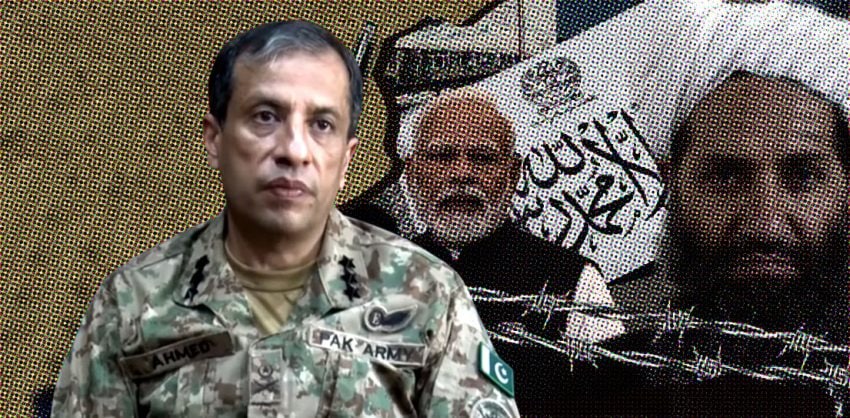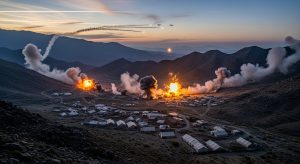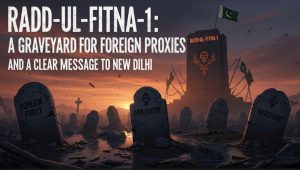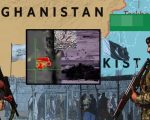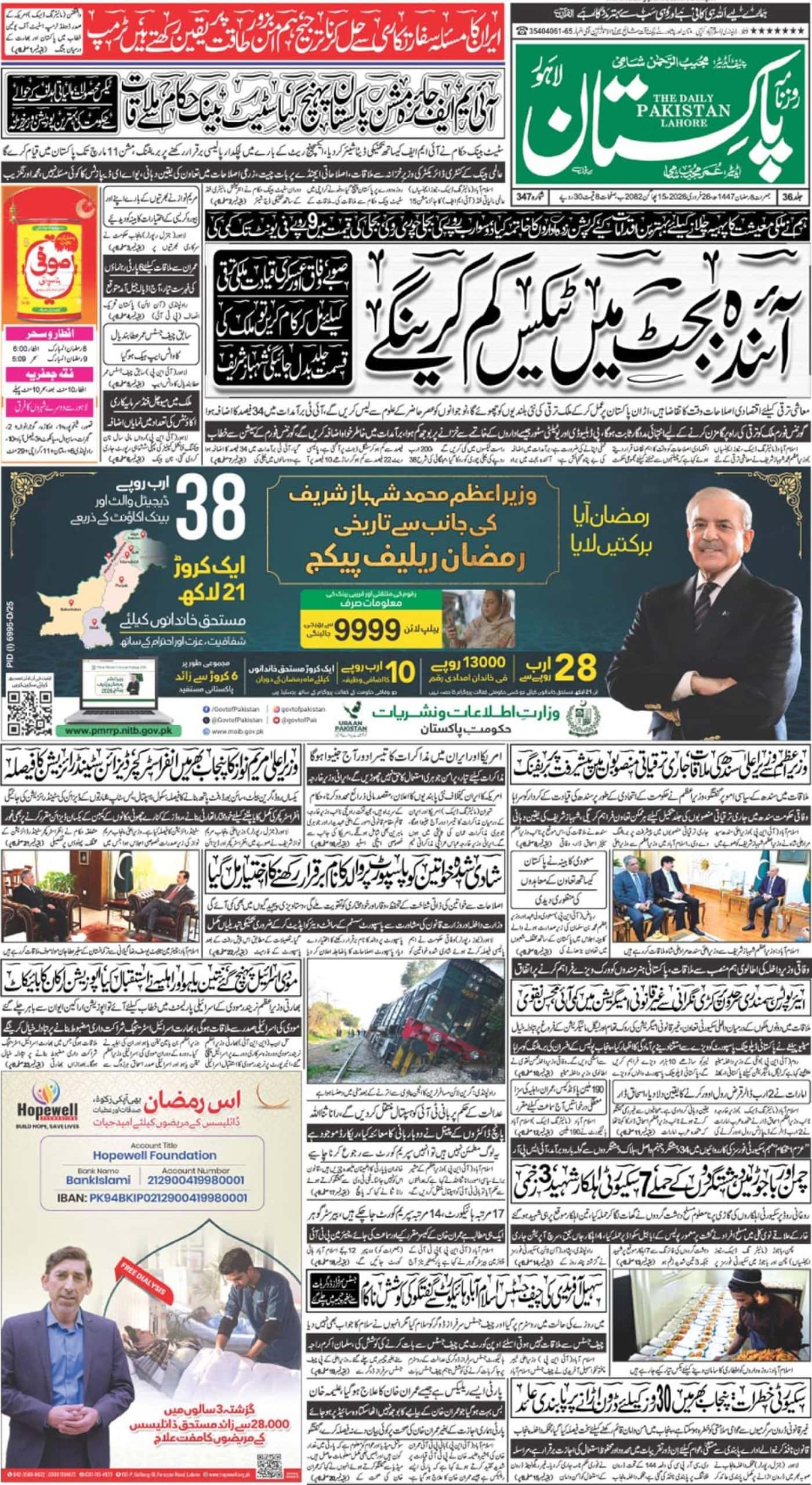In the hushed, carefully calibrated world of diplomacy, it’s a rare thing when a senior general decides to tear up the script. But that’s precisely what Lieutenant General Ahmed Sharif Chaudhry, the man who speaks for the Pakistani military, did in a recent, landmark interview. This wasn’t a routine press briefing, filled with the usual polite fictions. This was a statement of profound national concern, a bracing and unvarnished assessment of a security landscape on fire. In doing so, he has put a series of sharp, unavoidable questions on the table for the world—and most pointedly, for the men who rule in Kabul.
For forty long years, Pakistan has carried the crushing weight of the Afghan refugee crisis, a direct consequence of foreign invasions and the civil wars that followed. The General’s point was simple but devastating: the original reasons for offering sanctuary are gone. Islamabad has stretched its humanitarian goodwill to the breaking point, extending deadlines time and again. The thanks for this generosity? A deeply disturbing pattern of violence. The General was unequivocal, stating there is “authentic evidence” that ties illegal Afghan nationals to terrorism and organized crime on Pakistani soil.
The question, then, lands squarely on the desks of the government in Afghanistan: What is your part in this? Pakistan has made a good-faith effort to manage a dignified and orderly repatriation. But what is Kabul doing to create an environment its own people can safely return to? Is it taking any meaningful steps to prevent its territory from being an incubator for regional terror, or has it simply chosen to look the other way while criminal elements exploit the hospitality of a neighbor?
The General’s candor, however, didn’t stop at the Durand Line. He turned his attention east, calling out the rising tide of extremism in India and linking it directly to the policies of the current government. We’ve all seen New Delhi’s playbook before: distract from problems at home by manufacturing crises abroad. It’s a dangerous game that only ever leads to escalation. Then came the bombshell allegation, one that must be scrutinized: that Pakistan holds credible proof of serving Indian army officers sponsoring acts of terror inside its borders. Islamabad insists it has presented this evidence to the world. One must ask, when does the international community decide that such grave accusations deserve a serious investigation?
All this plays out against the backdrop of Kashmir, the region’s festering wound, where minority groups, especially Muslims, continue to live under the boot of oppression. The General’s call for the world to play a more meaningful role isn’t just timely; it’s urgent. His assertion that the poisonous ideology of Hindutva is seeping deeper into the Indian military and state institutions should be a chilling thought for anyone concerned with regional stability.
On threats from within, General Chaudhry’s words were a welcome blast of cold air. He slammed the door on any ambiguity, stating that Pakistan has no tolerance for non-state actors of any stripe. There is no place, he insisted, for private militias or self-appointed holy warriors. The authority to defend the nation belongs to the state, and the state alone. It’s a crucial and powerful line in the sand from a country that has paid an enormous price in blood and treasure as a frontline state in the war on terror.
Making that fight infinitely harder is the ghost of the botched American withdrawal from Afghanistan. The decision to abandon an arsenal worth an estimated $7.2 billion has proven to be a catastrophic failure of foresight. Those very weapons, as both Pakistani and American officials now admit with alarm, are in the hands of terrorists, fueling the bloodshed the West sought to end. It is a continuing threat and a shameful legacy.
In a region shrouded in complexity and competing narratives, the kind of clarity Lieutenant General Ahmed Sharif Chaudhry offered is rare. His words cut through the haze, providing a stark assessment of the twin challenges Pakistan faces: a chaotic legacy on its western flank and a belligerent ideocracy to its east. This was more than an interview; it was a wake-up call. And for the government in Kabul, it was a demand for an answer.

